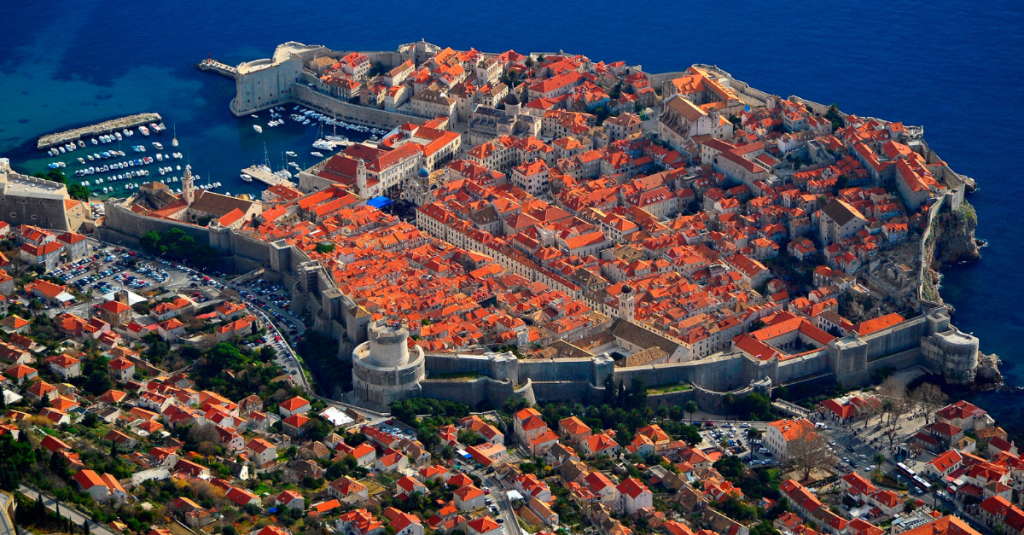Croatia is proactively implementing a sustainability-first approach to its tourism strategy, addressing issues of overtourism seen in other regions.
- Kristjan Staničić highlights the shift towards sustainable tourism at the World Travel Market.
- A new tourism law enforces strict sustainability standards across Croatian destinations.
- Croatia is working to integrate tourism that benefits local communities and avoids overtourism impacts.
- There is a focus on increasing off-peak tourism and enhancing the overall tourist experience.
At the World Travel Market held in London, Kristjan Staničić, the director of the Croatian National Tourist Board, announced Croatia’s strategic pivot to prioritise sustainability in tourism. This decision is made to sidestep the pitfalls of overtourism that have affected many Mediterranean countries. Croatia plans to make sustainability a cornerstone of its tourism infrastructure and offerings.
The recent adoption of a tourism law brings forth rigorous sustainability standards that all Croatian destinations must adhere to. Each destination is required to formulate a sustainable development tourism plan. This plan should comprehensively evaluate capacities, encompassing accommodation, traffic, and community resources. The aim is to maintain a harmonious relationship between tourism and the quality of life for local residents, portraying tourism as a positive force.
Staničić stressed that Croatia has not yet encountered the level of overtourism experienced by its Mediterranean counterparts, largely due to the timely introduction of this initiative. He confidently stated that within the next three years, Croatia’s tourism landscape will transform significantly with this forward-thinking approach.
Between 2025 and 2027, investments will focus on building new hotels and attractions that emphasize sustainability. These projects will primarily utilise renewable energy and environmentally-friendly construction materials, ensuring a balance between tourist accommodation and local infrastructure needs.
British tourism to Croatia has surged by 9% year-on-year, with over 850,000 visitors, making the UK one of Croatia’s largest inbound markets. British tourists are noted for their higher spending and diverse interests, with younger visitors drawn to sports and music events and older tourists enjoying cultural and gastronomic experiences particularly outside peak travel months. To enhance this trend, Croatia aims to promote its diverse attractions throughout the year, including music, sports, outdoor activities, and top-tier gastronomy, beyond just the summer months.
Croatia’s sustainability-centric tourism strategy is poised to redefine its tourist landscape, focusing on holistic benefits for both visitors and residents.

